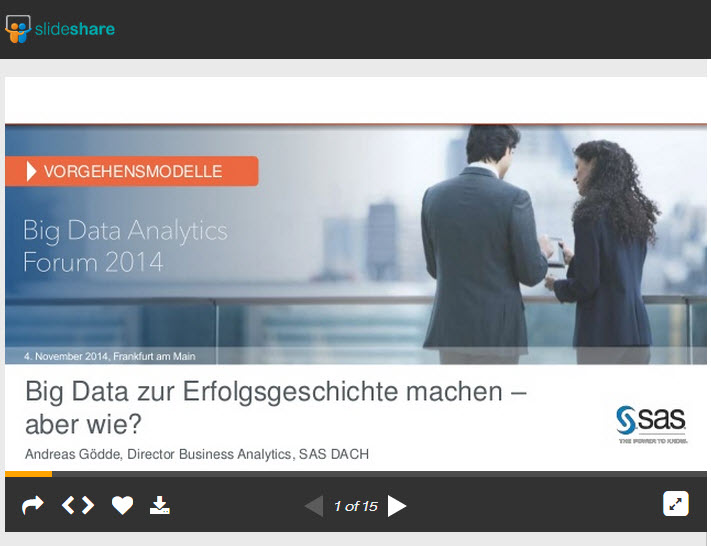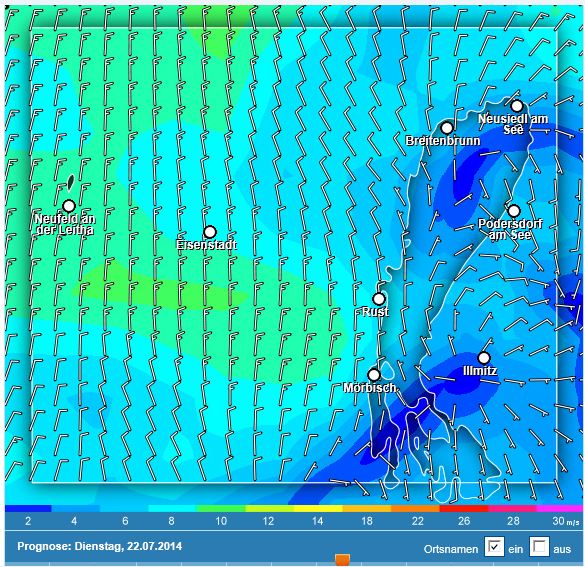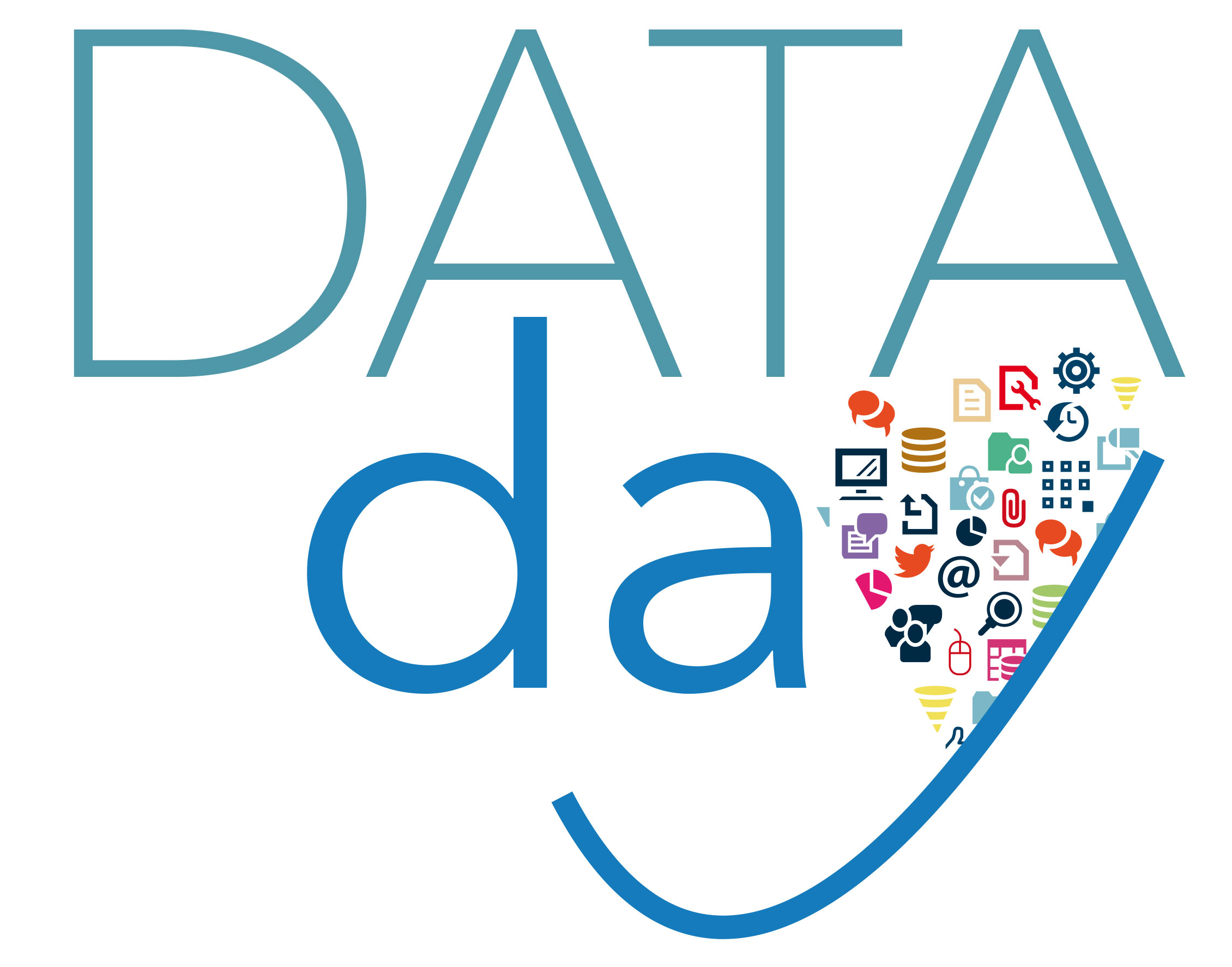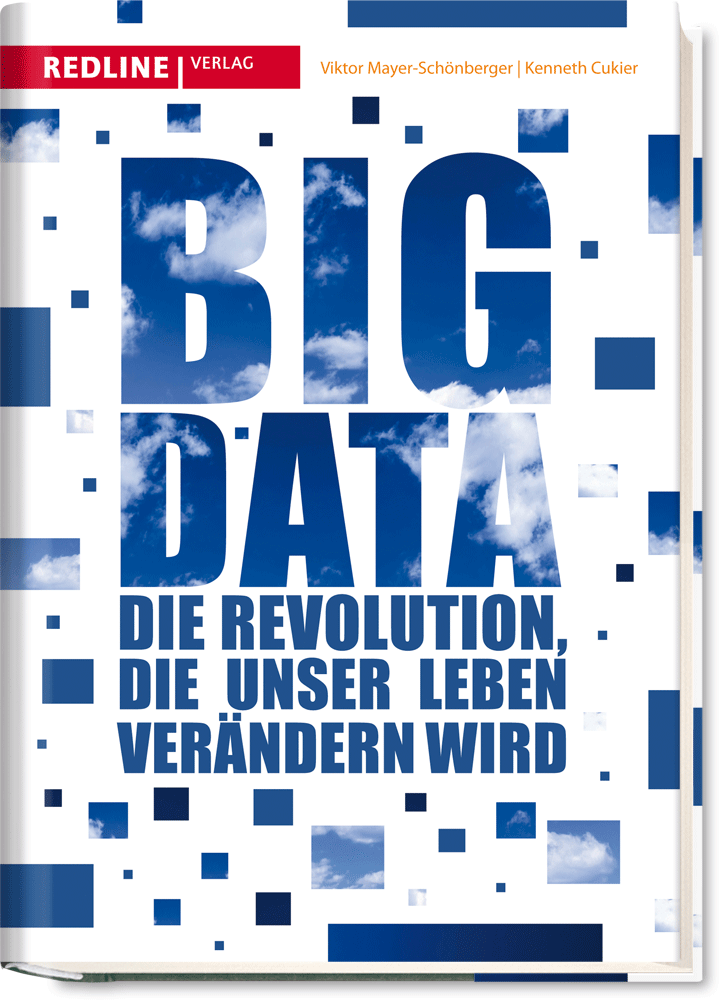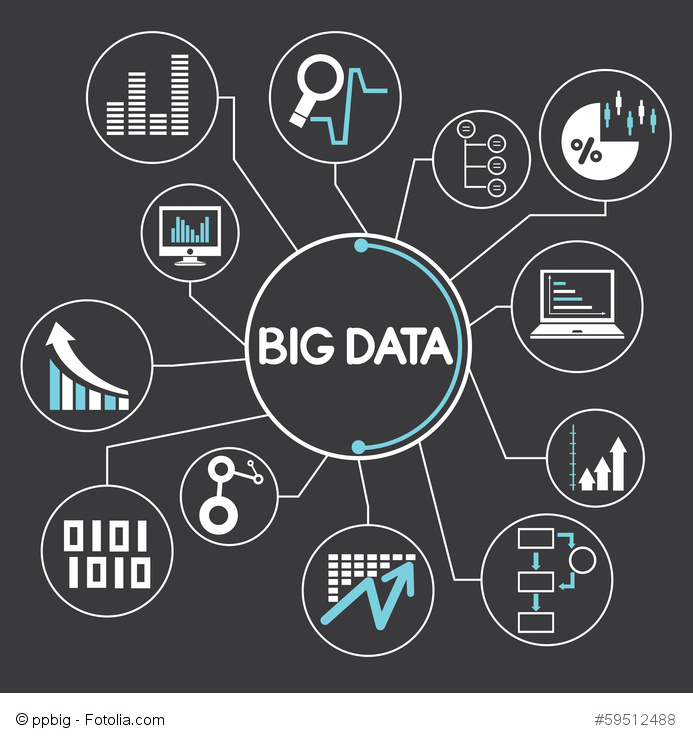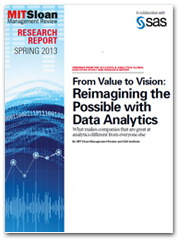
Zwischen den Jahren hat man Zeit für Familie, Freunde und Hobbies. Dass eines meiner Hobbies "TV-Serien" ist, hat vielleicht mit den in meiner Kindheit beliebten Weihnachtsserien zu tun. (Mein Favorit: Jack Holborn. Kennen Sie die Serie noch?) Aber die Zeiten ändern sich und wir uns mit: Die ZDF-Produktion war gestern, heute lebe das






